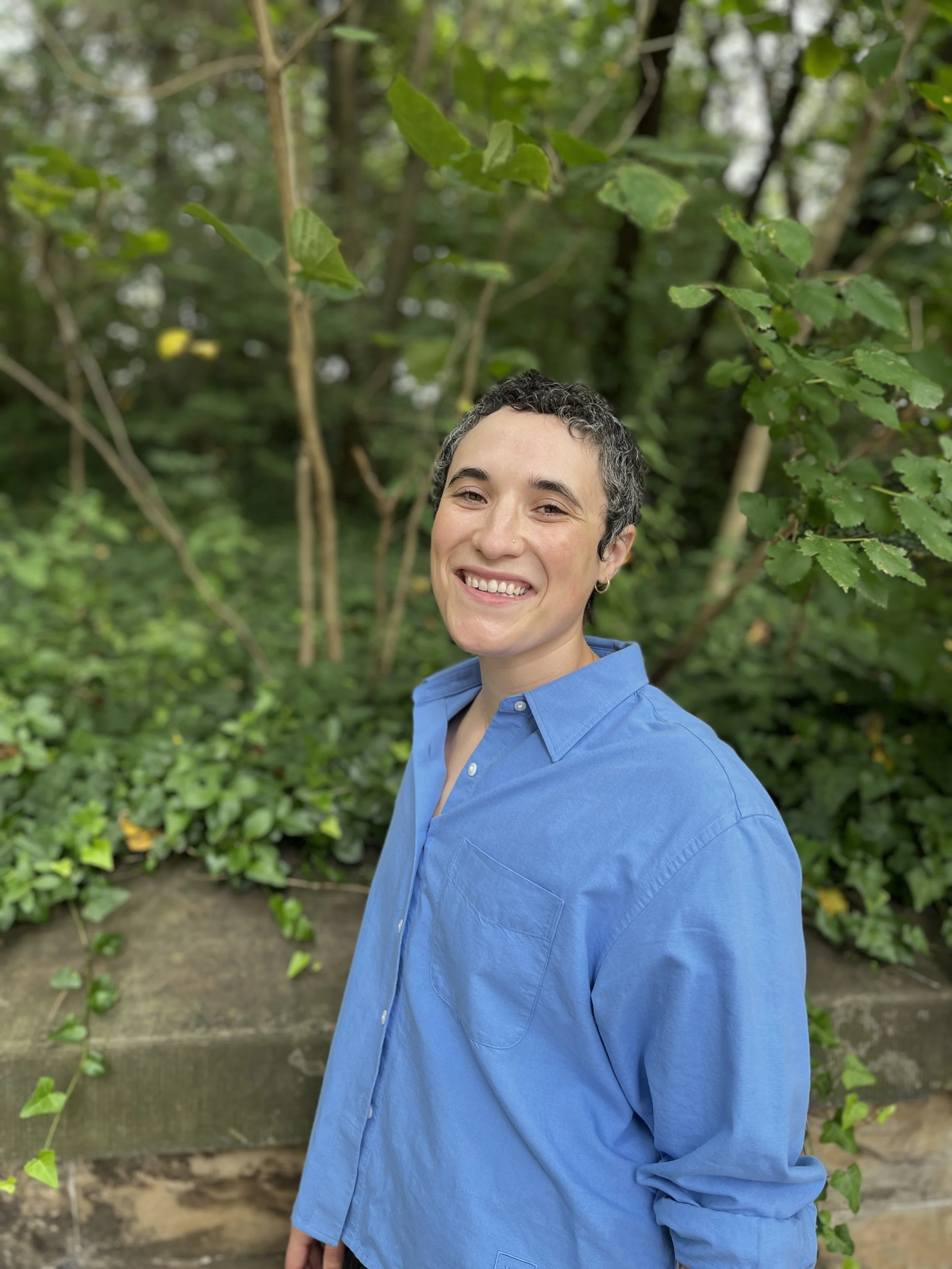Sophie Donlon, LMSW
Sophie Donlon (they/she), LMSW, is a licensed master social worker with experience supporting children, teens, adults, and families. Sophie earned their Master of Social Work from the Silberman School of Social Work at Hunter College.
Sophie’s therapeutic approach is person-centered and holistic, drawing from a wide range of clinical interventions to meet clients where they are—emotionally, developmentally, and relationally—each time they come into the room. Sophie believes that a strong, trusting therapeutic relationship is the foundation for meaningful change, and they work collaboratively to create a space where clients feel safe, seen, and supported.
Sophie incorporates elements of attachment-based therapy, play therapy, art therapy, and mind-body approaches into their practice. They hold a strong belief that each person is the expert in their own life, and they see their role as a therapist as one of compassionate collaboration—helping individuals and families tap into their own wisdom and develop strategies that support growth, healing, and resilience. They have successfully used this integrated therapeutic approach to support children and families through experiences with anxiety, depression, ADHD, autism, trauma and disruptive behavior disorders.
A particular specialty of Sophie’s is supporting young children and their caregivers. They completed intensive training in Child-Parent Psychotherapy (CPP), an attachment-based modality that uses play to strengthen the caregiver-child relationship and promote healing after stressful or traumatic experiences. Sophie is available to provide dyadic therapy (working with the caregiver and child together) as well as individual sessions. Their areas of focus include early childhood development, stress, trauma or big life changes, attachment, social-emotional learning, and emotional expression.
Sophie is currently deepening their clinical practice through advanced training at the Institute for Contemporary Psychotherapy’s esteemed Four-Year Psychoanalytic Program. This rigorous program enriches their work with children and caregivers by offering a deeper lens into emotional development, relational patterns, and the unconscious processes that shape behavior and connection.
Sophie is deeply committed to creating an inclusive, affirming, and anti-oppressive space. Their practice is grounded in an intersectional framework and is LGBTQIA+-affirming, neurodivergent-affirming, and anti-racist. They honor the unique identities and lived experiences of each client and strive to foster a space where all feel welcomed and respected. They also have extensive experience connecting families with community resources and external supports, recognizing that care often extends beyond the therapy room.
For additional clinical content written by Sophie, check out these links!
Check out upcoming groups facilitated by Julia Heffernan, LCAT, ATR-BC!
This group offers kids a supportive and playful space to build stronger relationships, boost self-esteem, and develop healthy ways to manage emotions. Through creative activities, children will practice making and keeping friends, expressing feelings, resolving conflicts, and learning coping strategies that honor their unique communication styles and strengths.
When: Sundays at 2pm, starting January 25th!
Where: Grand Army Plaza Office (34 Plaza Street East, Brooklyn NY 11238)
Facilitated by: Julia Heffernan, LCAT, ATR-BC & Sophie Donlon, LMSW
Cost: $800 ($100/session for 8 sessions)


